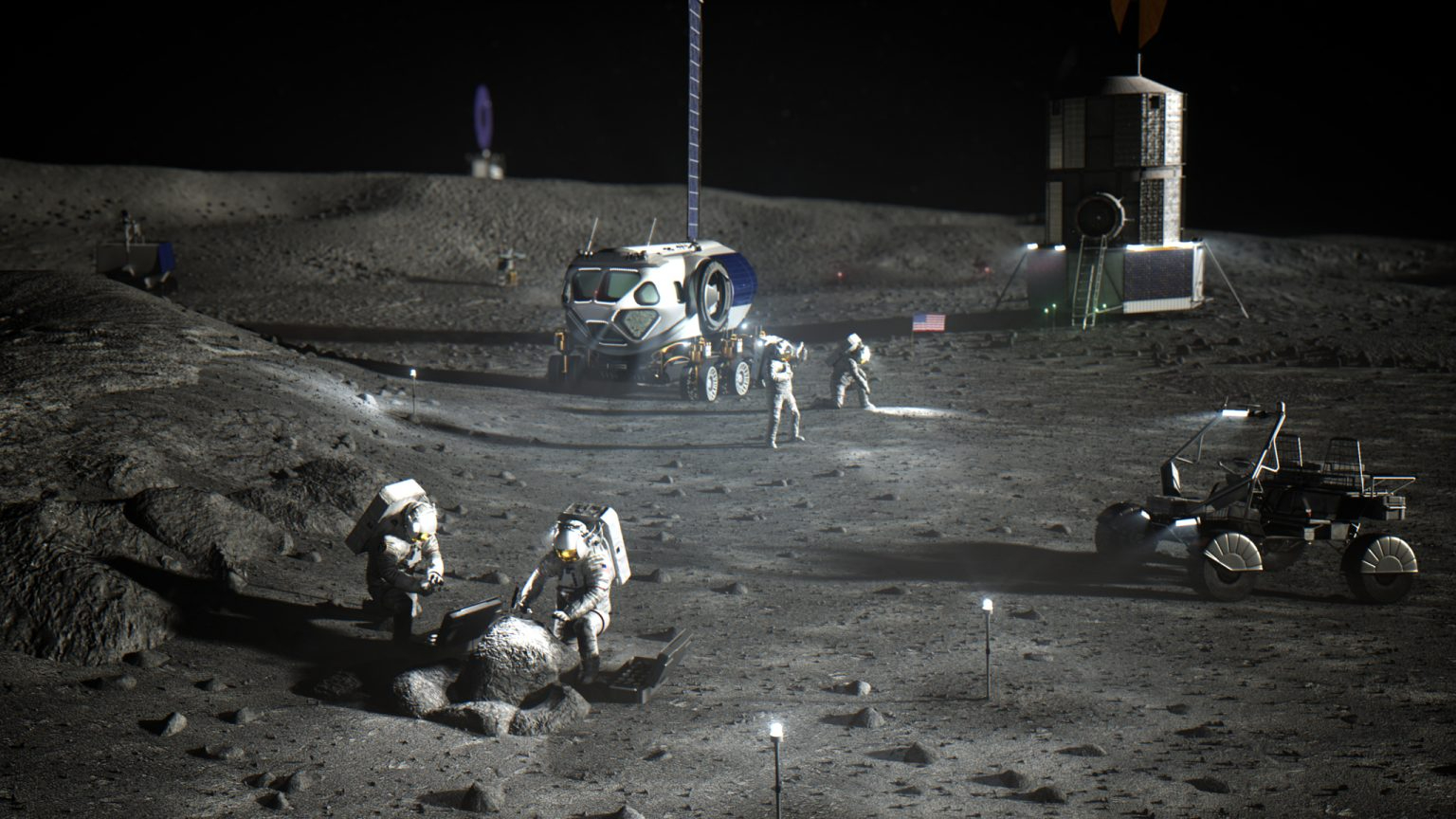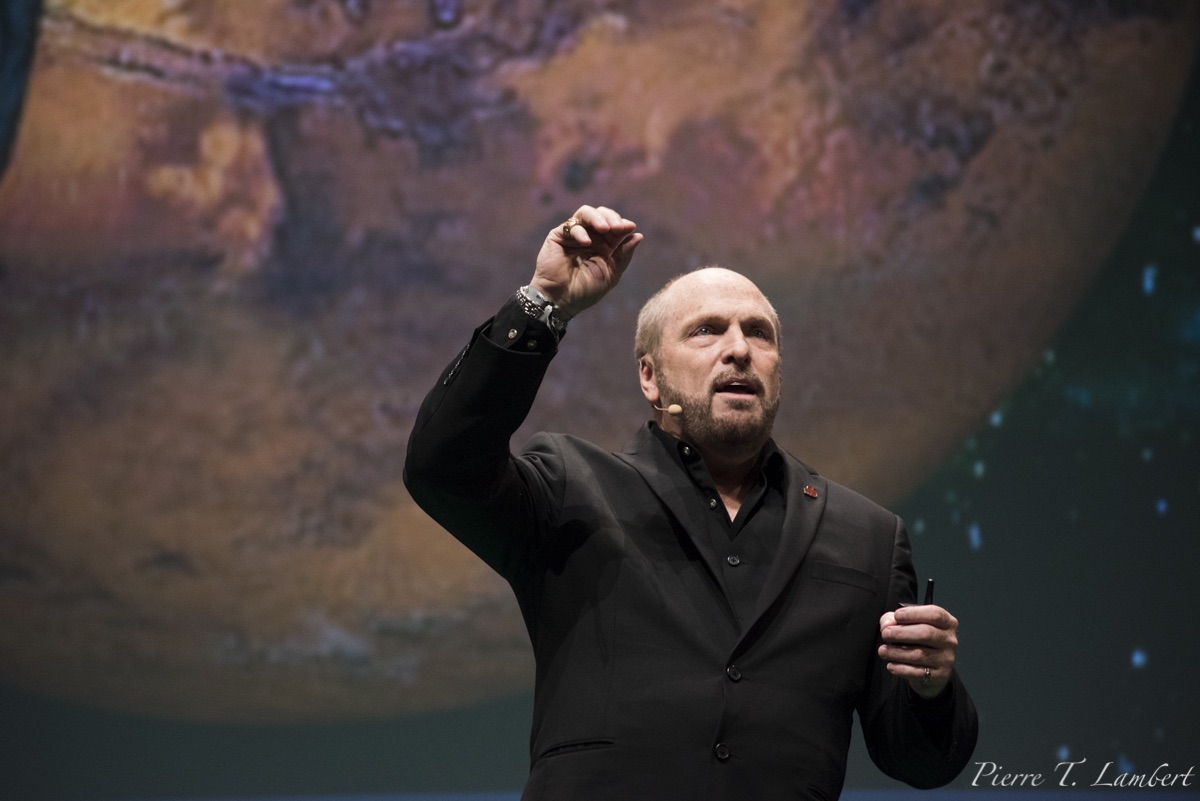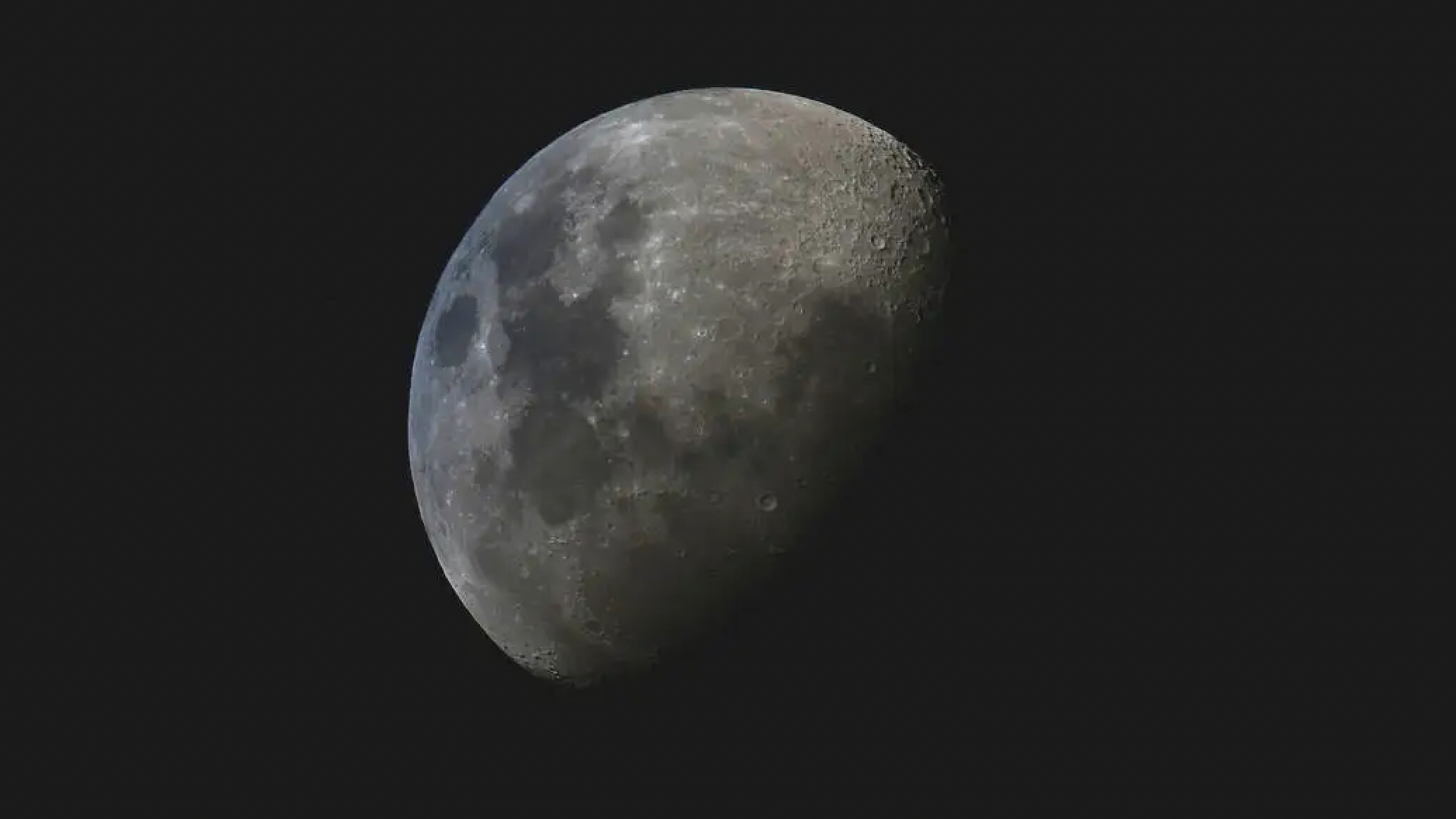
Getting it right on the moon: Let's not trash Tranquility (op-ed)
The moon is entering a phase in which human activities will play a significant role in its natural history.

A recent story on Space.com presented the idea that some scientists believe we are entering what they call the "Lunar Anthropocene." In other words, like Earth's own Anthropocene, the moon is entering a phase where human activities will play a significant role in its natural history.
This is, of course, true. The first impacts of Soviet probes occurred in the 1960s, leaving scars and piles of metal and plastic buried in the regolith, while the Apollo program left everything from footprints and flags to hardware and bags of waste on its surface. Today's international Moon Rush sees probes and landers and rovers banging into it, rolling over it, poking it, and soon, the first private commercial explorations will begin surveying it for resources. Within the next decade, humans will return, hopefully, to stay forever, meaning the construction of Moon Ports, habitats, energy infrastructure and the creation of even more waste.
Earth's Anthropocene began long ago, as our civilization changed the ways of the planet with our ever-more intrusive patterns of living, consumption and destruction. However, besides the term itself and its inference as to the level of human effect on the world in question, there is very little in common between the two, and the outcomes will be very different.
Related: The moon has been altered by human activity. Are we in a 'Lunar Anthropocene?'
On Earth, the expansion of human society has, in many ways, been an attack on the living biome of the planet. We have bulldozed, burned, harvested and hollowed out ecosystems in the name of our industrial expansion. By the simple act of growing our population and serving its needs, we have shifted the operating system of the MotherWorld. Worse, until very recently we have done so with no thought or concern for the massive stakes at risk, and now we are on the verge of that system collapsing.
The Lunar Human Epoch ahead of us is similar in that the hand of humanity will irreversibly change the moon forever (and already has). Yet, in one major and primary way, its effects will be exactly the opposite when it comes to the planetary body in question. While on Earth, our expansion has been an attack on the planet's life systems, on the moon, we are bringing life to a place that is now dead.
This difference is critical to how we perceive, study and even regulate what we do on the moon and, indeed, any new and lifeless places where we may arrive in the future. The purely scientific study of such a pristine environment is essential, and the preservation of important features, both scientific and esthetic, need to be delineated, as well as any historic locations, such as those that are the "first of," like the first landing sites, and even the crashed remains of those first probes. However, in the equation of the history of life in the universe, the result of any judgment as to the what, where and how of any preservation must tilt toward the expansion of the domain of humanity and life over any consideration of an idealized pristine state of dead rock and ice.
Breaking space news, the latest updates on rocket launches, skywatching events and more!
We simply cannot slow down this expansion. Rather, I would strongly argue that we must do everything we can to accelerate it — a lot — lest we have no "anthros" left alive. Opening the High Frontier of Space is just too crucial to our survival to let anything subvert it. Science is important, yet we cannot wait for every tiny nook and cranny of every rock we encounter to be studied ad nauseam for every possible hint and data point of their available information before we advance into each new domain. We must find a balance, a way to expand our knowledge base, even as we extend the base of our civilization.
However, it is important that we also never again drive our industrial society forward and outward the way we did here on our own planet. We cannot carry the culture of plundering and pillaging in the name of state strategies or unfettered capitalist cash grabbing with us into this new future. If there is any trash to be discarded in space or on the moon, it is that of the old way of doing things. We must apply what we have learned down here to what we do out there, or, for me, at least, there is no point in going.
As the human hand places itself on the controls of the future of the moon and eventually the entire solar system, let us navigate what we do with an eye to what we have done before. Let us learn, grow, and do better, not repeat the primitive cycles of apes with shovels and guns that have characterized our time on this rock. This means developing a new set of guidelines, norms, moral and ethical codes that are so deeply ingrained that they go beyond rules and laws — even as they inform them.
Related: Who owns the moon?
For example, in 1987, I wrote the Lunar Ecology Code as a thought piece and presented it at several conferences. It's a bit raw and naive as I look at it now. For example, I was obviously a bit off in using the term "Eco," which refers to life (again, the moon is dead.) Still, the idea was basically a good one — to develop a set of guidelines for how we could both develop the moon and preserve those places and things that are special for all generations to come.
Here is an updated version of some of those points:
We agree that all nations will explore and develop the moon and its resources based on a standard set of good stewardship agreements. (This could be built on the current Artemis Accords being circulated by the US government and its partners.)
We set up a body, based on similar bodies on Earth, to oversee locations of human exploration on the moon and, through international treaties, declare them off limits to intrusion. (Exceptions being permitted for scientific and historical study as agreed to by the controlling body. For example, it would be good to know what has happened to some of the materials of those early probes over the decades.)
We agree that this body, or another created to purpose, be allowed to suggest major lunar features and sites that can be put forward as off-limits to human development, pending review and vote by the international community.
We insist all nations operating on the moon adopt a culture based to the maximum extent possible on these concepts when it comes to what they bring and the waste they create on the lunar surface:
- Recycling
- Reusing
- Repurposing
Even while we are dealing with its unfettered outcome in low Earth orbit, the moon offers us a chance to leave the "use it and throw it away" culture of Earth behind. And, given the economics of having to carry or create anew each piece of material, be it a package, piece of metal or plastic, it only makes sense to establish these concepts as rules within any lunar society.
There are other elements of human activity on the moon we will have to address, and many we will have to live with — for example, the creation of an atmosphere, no matter how tenuous, as a byproduct of our presence.
The authors of the Lunar Anthropocene concept have done us a favor. Agree or disagree with them or me on any or all of this, it is time to begin a serious, results-oriented conversation. Some already have.
Groups like For All Moonkind and the Hague Institute for Global Justice are leading the way in such policy conversations. My own EarthLight Foundation, as the first eco-centric space organization, strongly supports our move to a green and respectful culture in space — even as we develop and utilize its resources. To this end, we have begun to circulate what we call the Earth-Space Agreement among space leaders.
Now, it is time to get the powers at play to pay attention, as it will be much harder to do later. So dear reader, you have a job to do. I assume, if you've read this far, you are a space fan, supporter, or revolutionary, as I am myself. This is one of those issues that falls into the category of "we do it ourselves, or they will do it to us."
Wherever you live in this precious world, contact those in your nation who are reaching for the next — or can influence how it happens. Make sure they hear your voice when you tell them you love what they are doing, but please, can we do it right this time?
Rick Tumlinson is the founder of SpaceFund, a venture capital firm investing in space startups. He also founded the Space Frontier Foundation, Earthlight Foundation, the Space Cowboy Ball, was a founding board member of the X Prize Foundation and hosts the Space Revolution podcast.

Both a rebel and a respected leader, Rick is listed as one of the top 100 influential people in the space field. Called one of the world’s top space “visionaries,” Rick helped coin the term "NewSpace" and worked to create the new commercial space industry highlighted by Elon Musk and Jeff Bezos.
A leading writer, speaker, and six-time Congressional witness, Rick helped start the first mission to find water on the Moon, signed the first ever commercial data purchase agreement with NASA, helped start NASA’s Lunar Exploration Analysis Group, led the commercial takeover of the Russian Mir space station, signed the first private astronaut to fly to the space station, co-founded the Space Frontier Foundation, and was a founding board member of the X-Prize.
As a result of his world-changing work, in 2015 he won the World Technology Award along with Craig Venter of the Human Genome project. He founded the SpaceFund venture capital company with 19 space companies in its portfolio and is a member of the US Space Force Doctrine Advisory Group.
Rick's The Space Revolution "radiopod" is featured on IHeart Radio Network's iRoc Space Radio and is available on most major podcast sites. He hosts the New Worlds Conference and the Space Cowboy Ball in Austin, Texas, and his non-profit EarthLight Foundation is creating an inclusive new movement to use space to protect the Earth and expand life into the cosmos.

